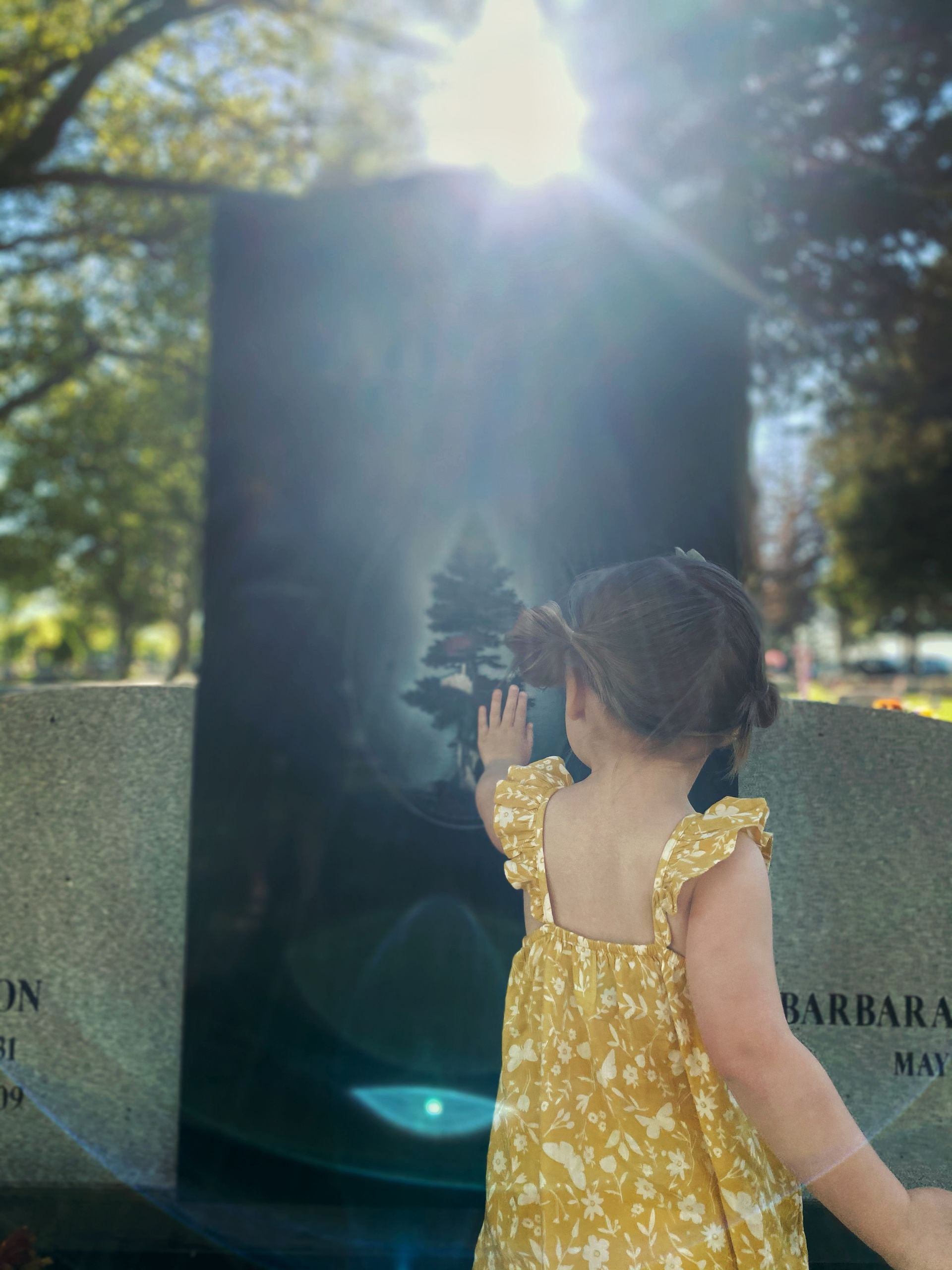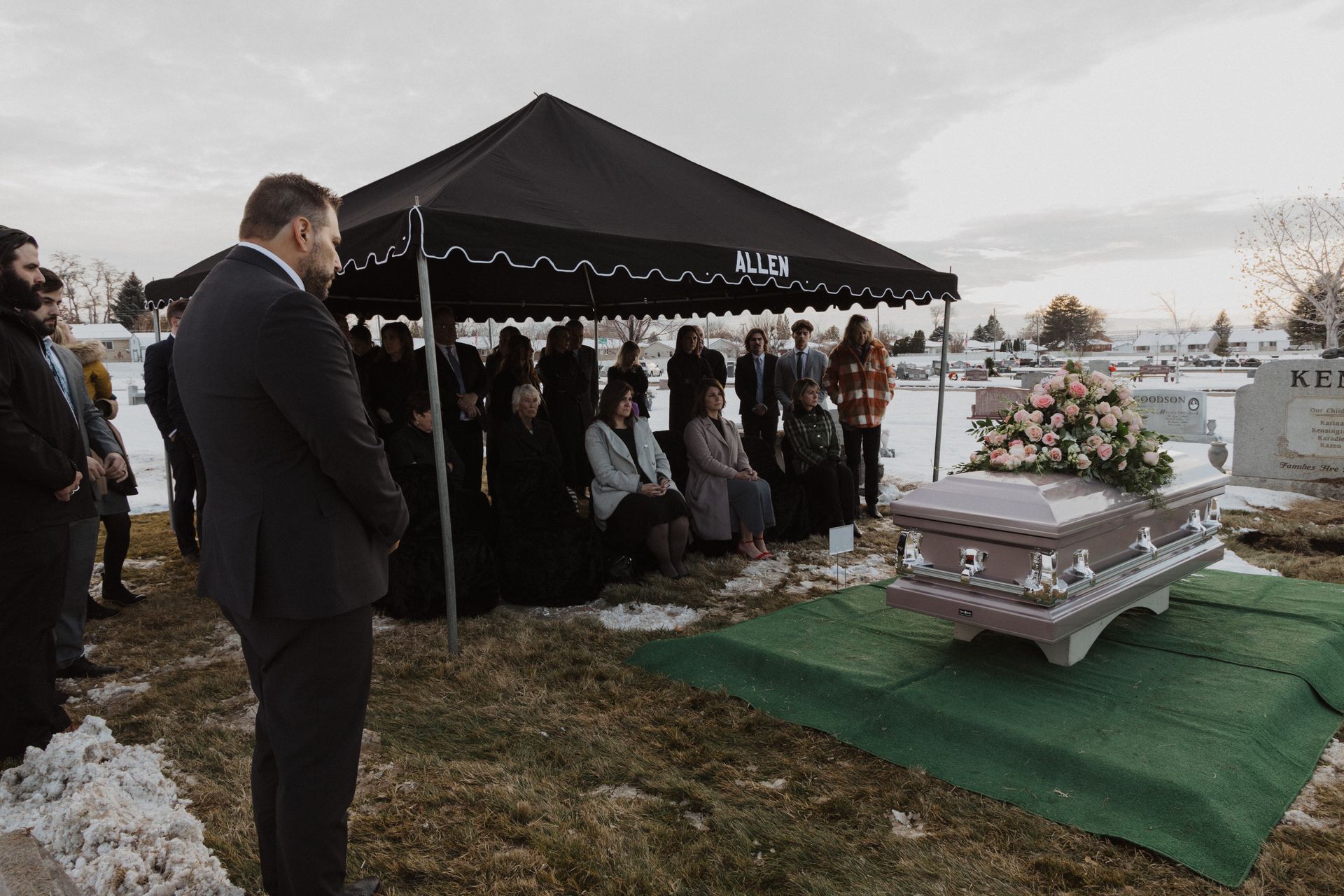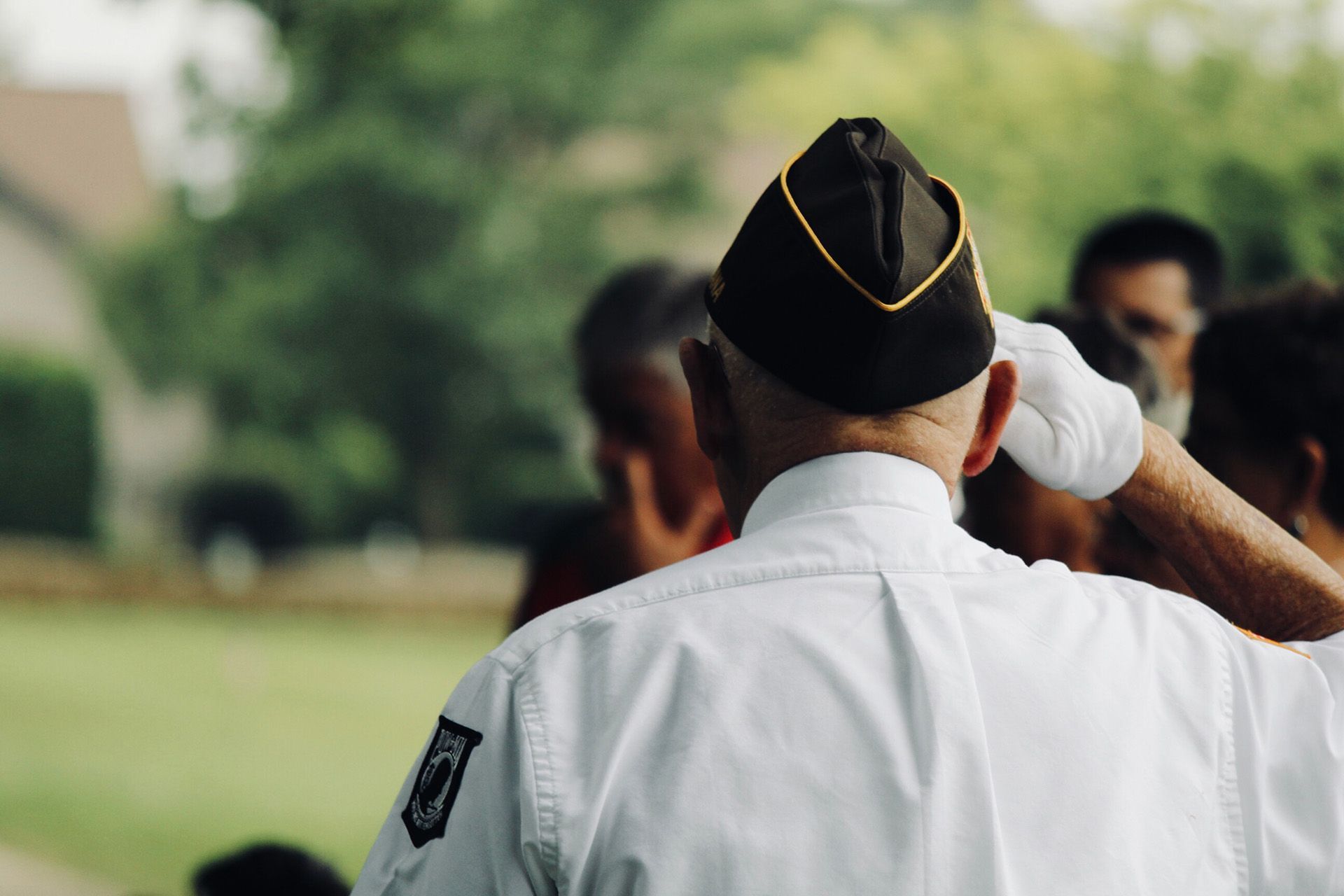What To Do When Someone Dies: Checklist
The following checklist is provided, to give you an idea of the details that need to be resolved after a loved one has died. This list is by no means exhaustive and should no take the place of consulting with legal and financial professionals.
What To Do Immediately After Someone Dies
Get a Legal Pronouncement of Death
- If someone dies under hospice care – When someone passes away, contact the Hospice group that is taking care of your loved one. Then call the funeral home when you are ready for them to come.
- If someone dies at a care facility (hospital, nursing home, assisted living, etc.) – The staff at the care facility will ask you which mortuary that you prefer and they will handle the arrangements of contacting the funeral home.
- If someone dies unattended at home, work, vehicle, etc. – If someone passes away unattended (meaning no one was around when they passed away), or the death was an accident, or the death was a suicide, then call the polica immediately and they will handle the arrangements of contacting the funeral home.
Notify Family and Close Friends
- Decide what is the best way to notify close friends and family that your loved one has passed away. Every family operates differently so there is no right or wrong way on how to best notify your family – whether it’s in person, through a call or text, etc.
Make Arrangements With Funeral Home
- Call the funeral home when you are ready for them to pickup your loved one and take them under their care.
- Schedule a time and day to come into the funeral home to make burial or cremation arrangments. A funeral director can help facilitate all the details that go into planning services for your loved one.
What To Do Within A Few Weeks After Someone Dies
Headstone/Monument
- If your loved one is being buried, and doesn’t already have a headstone in place, call a headstone provider to help you design the perfect monument to honor your loved one.
Government Benefits
- Social Security – Call the Social Security Administration at (800) 772-1213 or Ogden at (877) 378-9082 to transfer, terminate, or request benefits.
- Veterans Administration – Claim forms can be requested and completed at the funeral home, or at any VA Hospital or clinic. Questions can be directed to the Veterans Administration at (800) 827-1000 or (801) 582-1565.
Financial Matters
- Bank Accounts – Change all bank accounts and remove the deceased’s name from those accounts. You will need a certified copy of the death certificate.
- Outstanding Loans – Contact any financial institution where the deceased had a loan and inform them of the death. They will be able to inform you if the loan was covered by a credit life insurance policy and if so, what is required to file the claim. A death certificate is often required.
- Outstanding Bills – Gather all outstanding bills together and make sure you are aware of all credit obligations of the deceased.
- Credit Cards – Contact credit card companies and notify them of the death. Some credit cards and charge accounts include a life insurance policy with them. Verify needed documentation to terminate or transfer the account to the survifor’s name. They may require a certified copy of the death certificate.
- Credit Bureau – Contact your credit bureau. Ask for assistance to transfer your spouse’s credit into your name. They may also be able to assist you in determining any outstanding obligations of the deceased.
- Safety Deposit Box – A safety deposit box, held jointly or in the deceased’s sole name, will be sealed until a county or state official can take inventory. The bank must know the death date, interest of person making inquiry, whether the key is available and whether the box was rented in the deceased’s sole name or jointly with others.
- Income Tax – You may need to keep additional certified copies of the death certificate to send with your income tax returns.
Insurance & Pensions
- Life Insurance – Contact all life insurance companies with whom the deceased had policies. Request a claim form or ask the local insurance agent for help. Send in the claim form, policy and certified copy of the death certificate. When making your claim, ask for the refund of any unused portion of the premium.
- Health Insurance – Contact all health insurance companies to notify them of the death and stop coverage on the deceased.
- Insurance Review – Review your own insurance needs. Often, these needs change after the death of a family member or loved one. Good organization of your own insurance information can aid survivors at the time this information is needed.
- Pensions & Retirement Funds – Contact all sources of retirement funds the deceased was receiving and apply for any benefits that are due. You may need a certified copy of the death certificate.
Note – If the company requests a certified copy of the death certificate, but they are not providing you with a benefit, allow the company to pay for their own certified copy. For example, a life insurance company will pay the claim for life insurance, so you need to provide them with a certified copy of the death certificate. A health insurance company, on the other hand, just needs to stop coverage – allow them to provide their own certified copy of the death certificate if they require one.
Stocks, Bonds, IRAs, 401Ks
- Savings Bonds – A single ownership bonds is part of the estate and will be paid, or re-issued to a qualified person. A Beneficiary Bond (one owner, payable on death to a beneficiary) becomes the property of the beneficiary. If the beneficiary dies first, no action is required unless a new beneficiary or co-owner is added. Proof of death is required for redemption or re-issue. The survivor becomes the owner of the Ownership Bond (two names on bond); a beneficiary or co-owner may be added. An attorney or banker should be consulted.
- Stocks – Stocks in the deceased’s sole name require probate actions. Stocks owned jointly, may be transferred to the surviving owner by the presentation of a certified copy of the death certificate, to each company in which stock is jointly owned. A broker or banker can assist you.
- Qualified Accounts – IRAs & 401Ks are qualified accounts that have tax consequences based on how you inherit them. The taxes owed can differ based on how fast you decide to distribute the funds.
Property
- Real Estate Deeds – Change the deed on your property and remove the deceased’s name from the deed. This is done at the county seat where the property is located. Real estate owned jointly by the husband and wife, is automatically transferred to the survivor, but a certified copy of the death certificate along with an Affidavit of Death, should be filed with county authorities in connection with the real estate deed. Real estate owned solely by the deceased, or as tenant in common, will need to be probated whether or not there is a will. Estate and gift taxes should be thoroughly checked by an attorney.
- Titles & Registration – Change titles and registrations of your vehicles. This is done at the county vehicle registration division. This includes cars, trucks, trailers, motor homes, mobile homes, etc. You may typically use a photocopy of the death certificate for this.
- Utilities – Change all utilities from the deceased’s name. You may want to place utilities in joint accounts with another family member, to help in processing future estates. Check with landlords and inform them of the tenant’s death.
The post What To Do When Someone Dies: Checklist appeared first on Blog | Allen-Hall Mortuary - Logan, UT.










